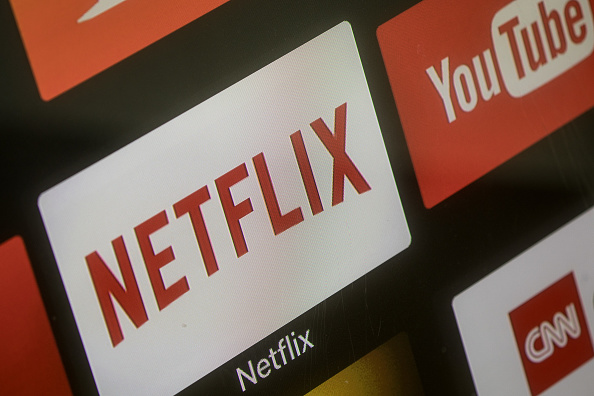Ofcom calls for new laws to protect public service broadcasters

Ofcom has urged the government to introduce new laws to support public service broadcasters amid rising competition from streaming giants.
The media regulator has called for new legislation to ensure channels operated by the BBC, ITV, Channel 4 and Channel 5 are displayed prominently on online platforms.
Read more: Revamp media regulation to help broadcasters take on Netflix, BBC chairman urges
Under current regulations, public service broadcasters must have a prominent spot on TV programme guides.
But Ofcom wants this to be extended to internet devices such as smart TVs, set-top boxes and streaming sticks.
“Our traditional broadcasters are among the finest in the world, but they’re facing unprecedented challenges from competition and new technology,” said Kevin Bakhurst, Ofcom group director for content and media policy.
“So we are ensuring their channels remain easy to find on TV guides, and convening a national debate on the future of public service media – including how we safeguard its benefits for future generations.”
Ofcom said it is unable to extend rules on prominence to TV delivered over the internet without new laws.
If the new rules were adopted, broadcasters’ on-demand services would need to deliver a range of high-quality content in order to qualify.
This could include requirements about different genres, such as children’s TV or current affairs shows, as well as programmes made specifically for UK viewers.
It comes as traditional broadcasters face increased pressure from deep-pocketed streaming firms such as Netflix and Amazon Prime.
Netflix yesterday unveiled plans to open a 435,000 square foot production hub at Shepperton Studios as it ramps up its investment in original UK programme.
Meanwhile, the BBC’s annual report revealed the broadcaster has suffered a decline in viewing figures, especially among young audiences.
In a joint statement, the BBC, ITV, Channel 4 and Channel 5 welcomed Ofcom’s recommendations.
“As public service broadcasters we are committed to giving audiences the best British programmes and impartial and trusted news,” they said.
“These recommendations would ensure viewers can easily find public service broadcasting content across a range of devices and bring the rules up to date for the digital age.”
However, commercial rival Sky branded the move unfair, arguing it had already helped public service broadcasters by giving them prominence on its service.
Read more: BBC narrows pay gap as it reveals highest-earning presenters
“The government should not seek to further regulate the regulated, but instead level the playing field with other platforms,” said Stephen van Rooyen, chief executive of Sky UK and Ireland.
“Any extension to the prominence framework must be accompanied by obligations on the public service broadcasters to make sure their on-demand content and services are freely available to platforms without restriction and, as Ofcom have recognised, must clearly fulfil public service requirements.”